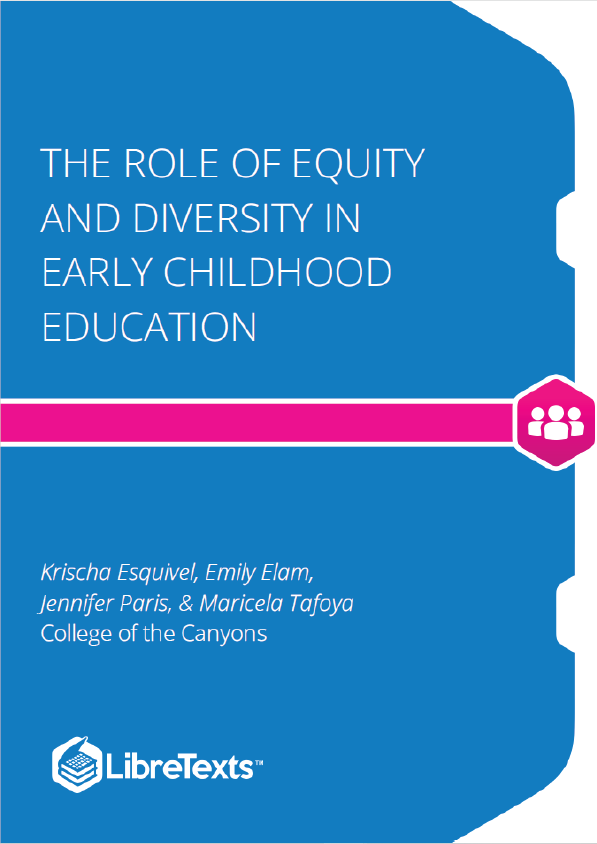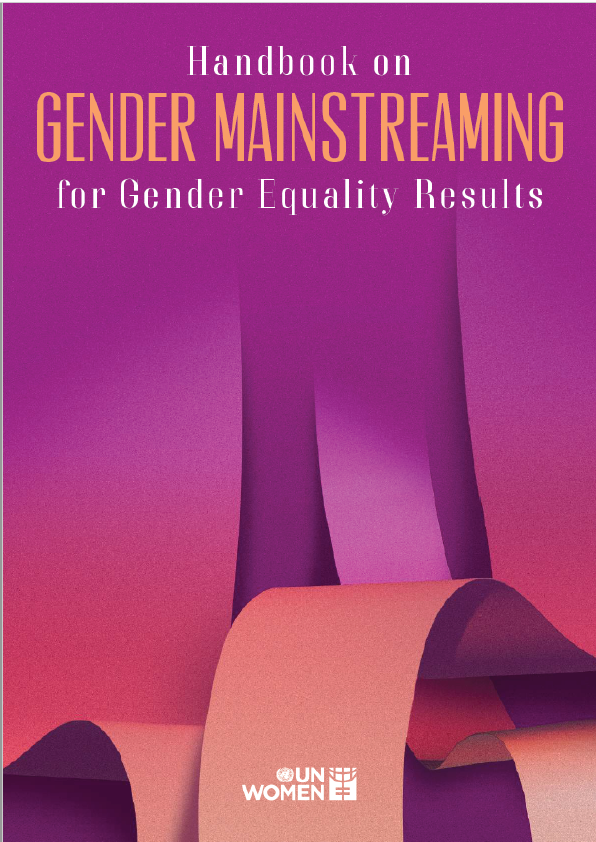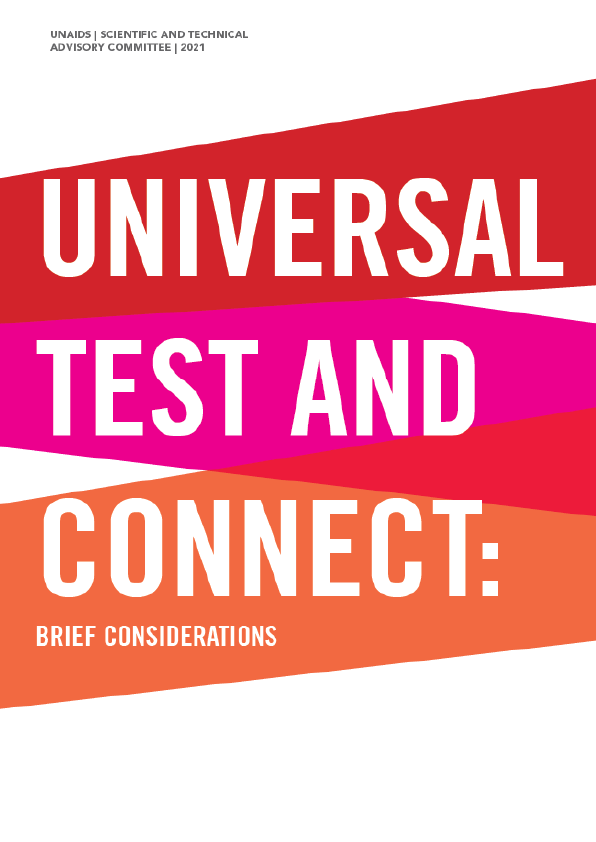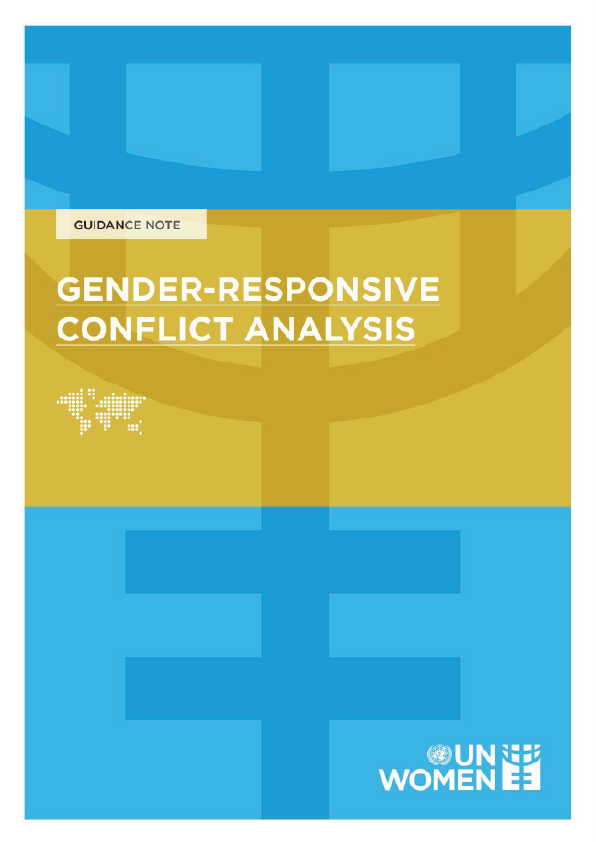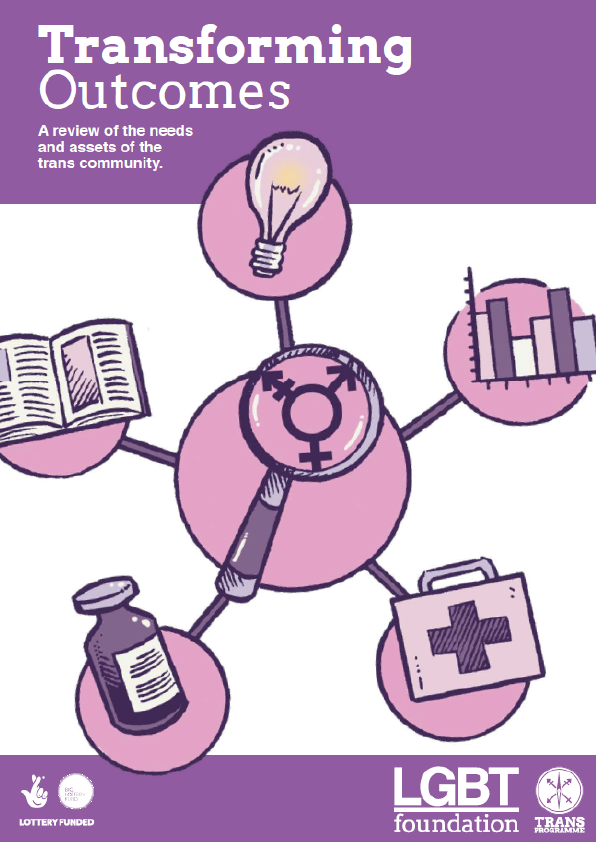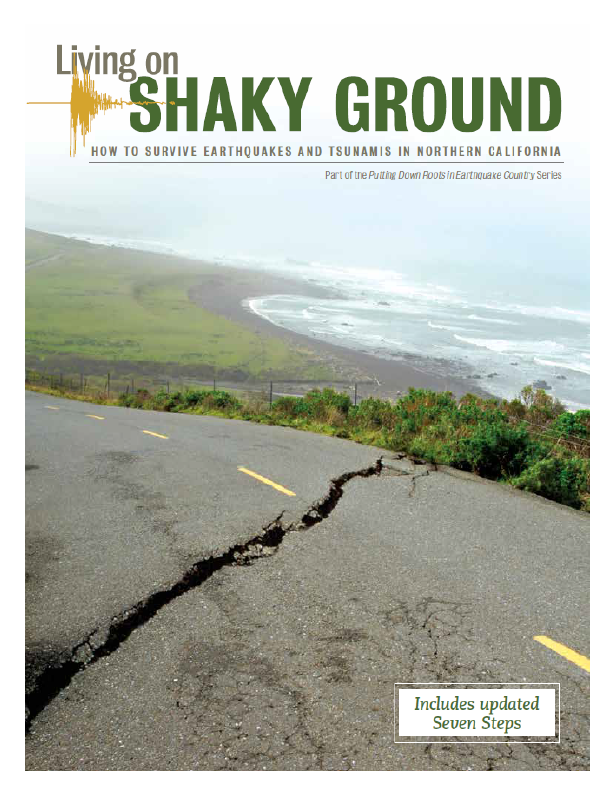Guided by cultural beliefs and principles, families select experiences, convey attitudes, and impart knowledge to their children to prepare them for adulthood. Accordingly, it is important for program staff to learn to collaborate effectively with families. To develop a partnership and to tap into the family as a primary resource, early childhood educators must reach out to, learn about, and develop strong partnerships with families. This process requires openness to learning and an effort to understand the individuality of each family and the diversity of the families from which the children come.
Culturally competent practices are essential in the early learning setting or environment in order to form authentic partnerships with families that promote children’s development. Specific knowledge of the child’s cultural or multicultural background and life at home can be the key to effective teaching and learning. This knowledge is a valuable tool for connecting what the child already knows and values to the new competencies that programs seek to nurture. To the extent that a program’s policies and approaches are informed by, reflective of, and congruent with the child’s experiences at home, children will find it easier to adapt to the requirements of the program and meet the program’s expectations for achievement. Deeper knowledge of the children’s family life will increase the likelihood that early childhood education programs will effectively meet children’s needs and serve them successfully.
This is a complex yet worthwhile undertaking. Understanding the social conditions that children experience at home is complicated by the broad diversity of the children attending preschool programs. Many early childhood educators, by virtue of their personal backgrounds and training, may not have had the opportunity to gain the knowledge and experiences that would prepare them for working with culturally and linguistically diverse children. In light of this possible lack of knowledge and exposure, working closely with families can offer the opportunity to explore new ideas and approaches that improve the overall operation of the program. In turn, this will strengthen staff members’ ability to work well with the children they will encounter in classrooms in the twenty-first century.
This is especially important because some children are not flourishing in early childhood programs as much as expected. For those children, early difficulties in adjusting to school set them on a track of low academic performance, which may have dire consequences for their lives as adults. Collaborating with families is an important first step in improving such outcomes. Attention to the family’s culture and context increases the likelihood of an effective partnership with families that can make a world of difference for the child.
